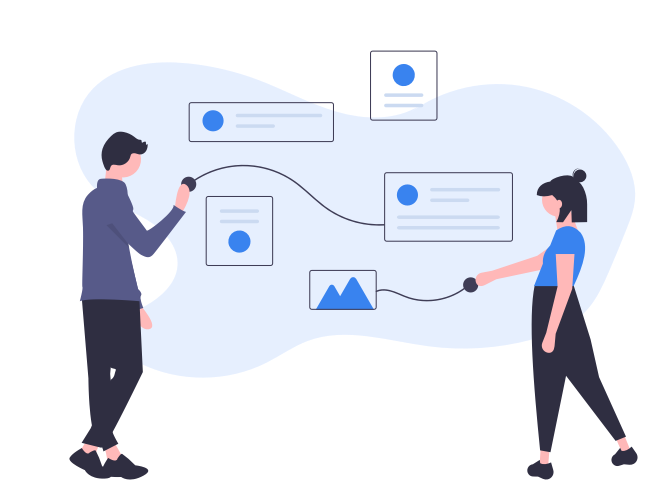Contributes to Business Goals
It is one of the most compelling reasons to use CPC advertising. With this, you can achieve your marketing and business goals. It can help with brand exposure or e-commerce sales.
You can track all types of conversion goals using the powerful CPC tool. In this era of content marketing, CPC fosters the middle ground to nurture and serve the middle of the funnel via advertising content downloads, contest entries, and to look for newsletter signups.
CPC supports different aspects of the sales funnel. Also, it supports the path that the potentials take from awareness to turn to customers. Irrespective of the set of goals, you can set up PPC campaigns.

